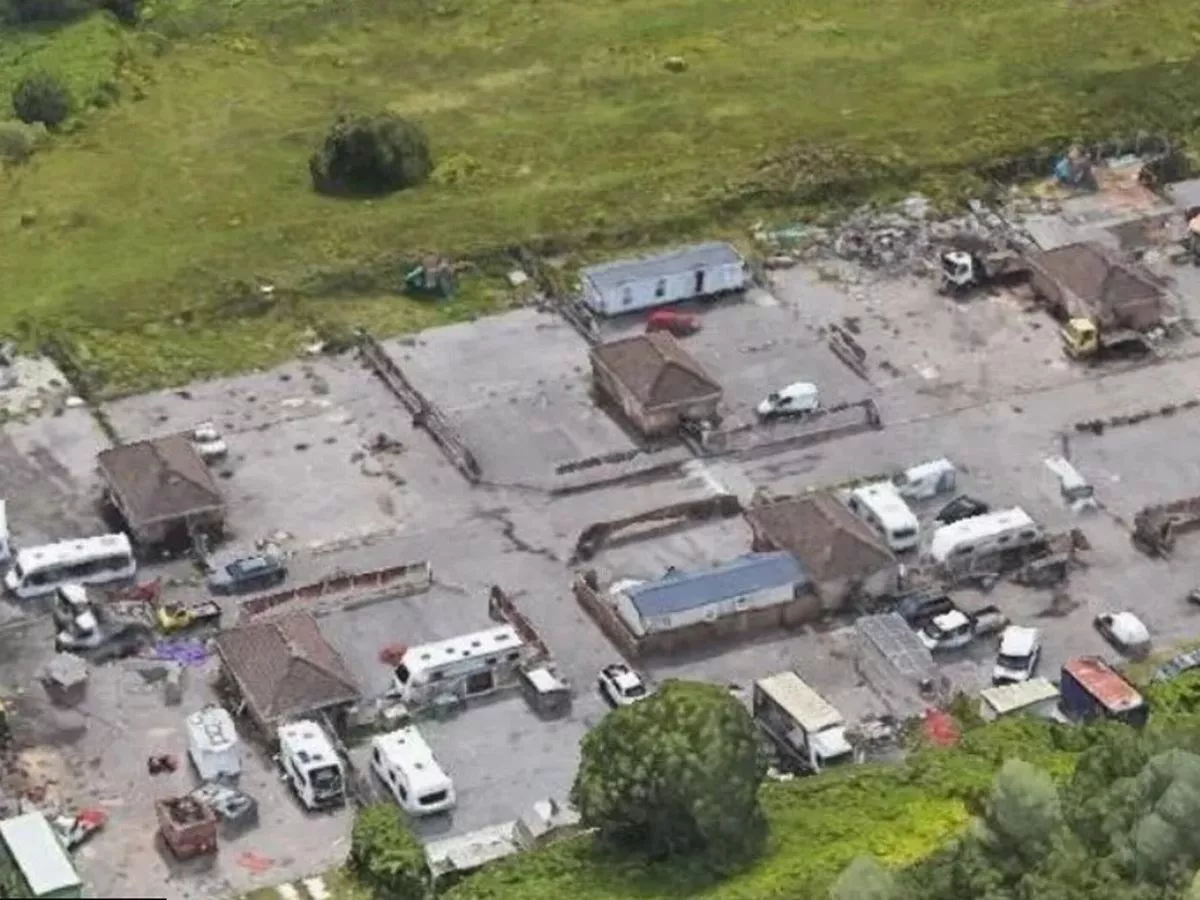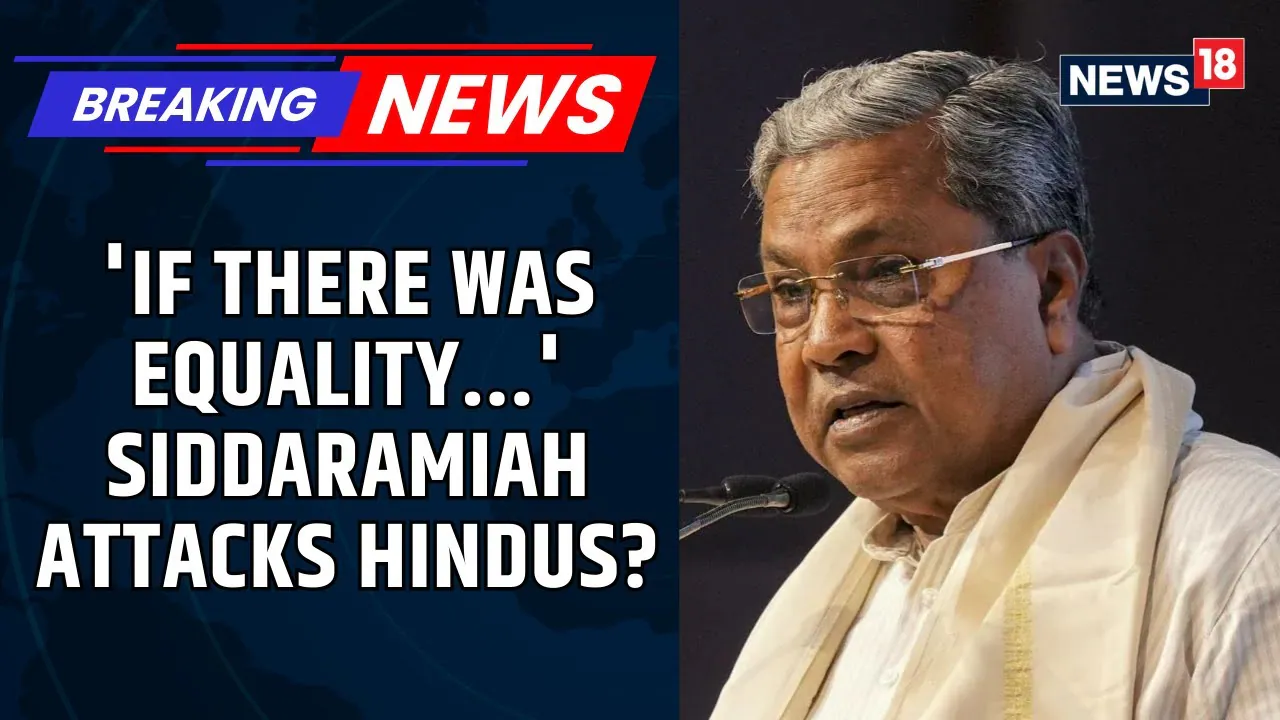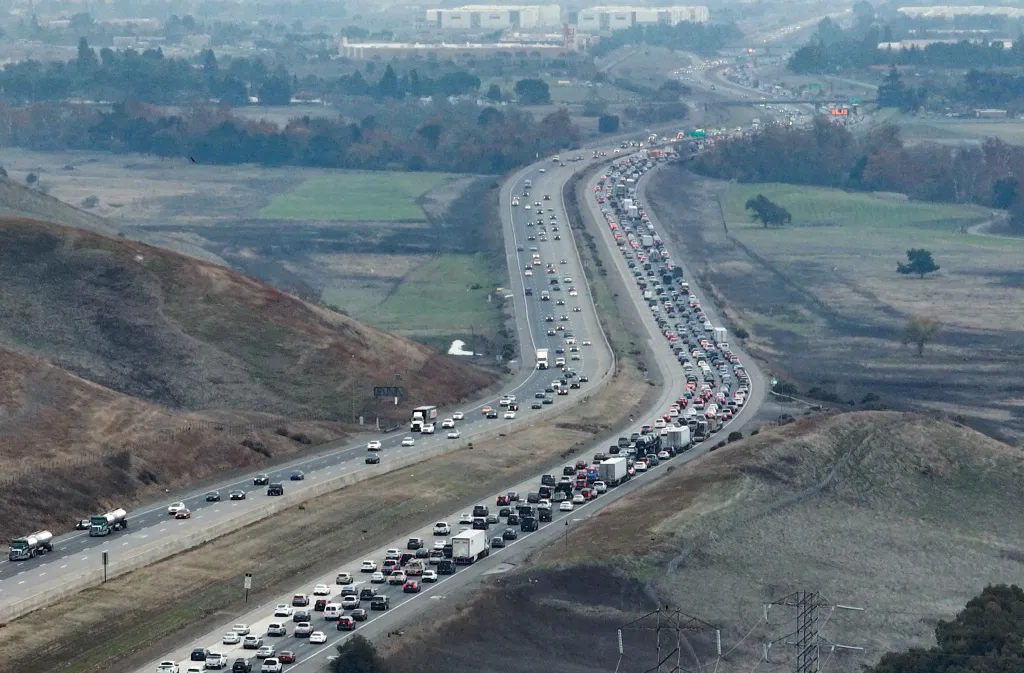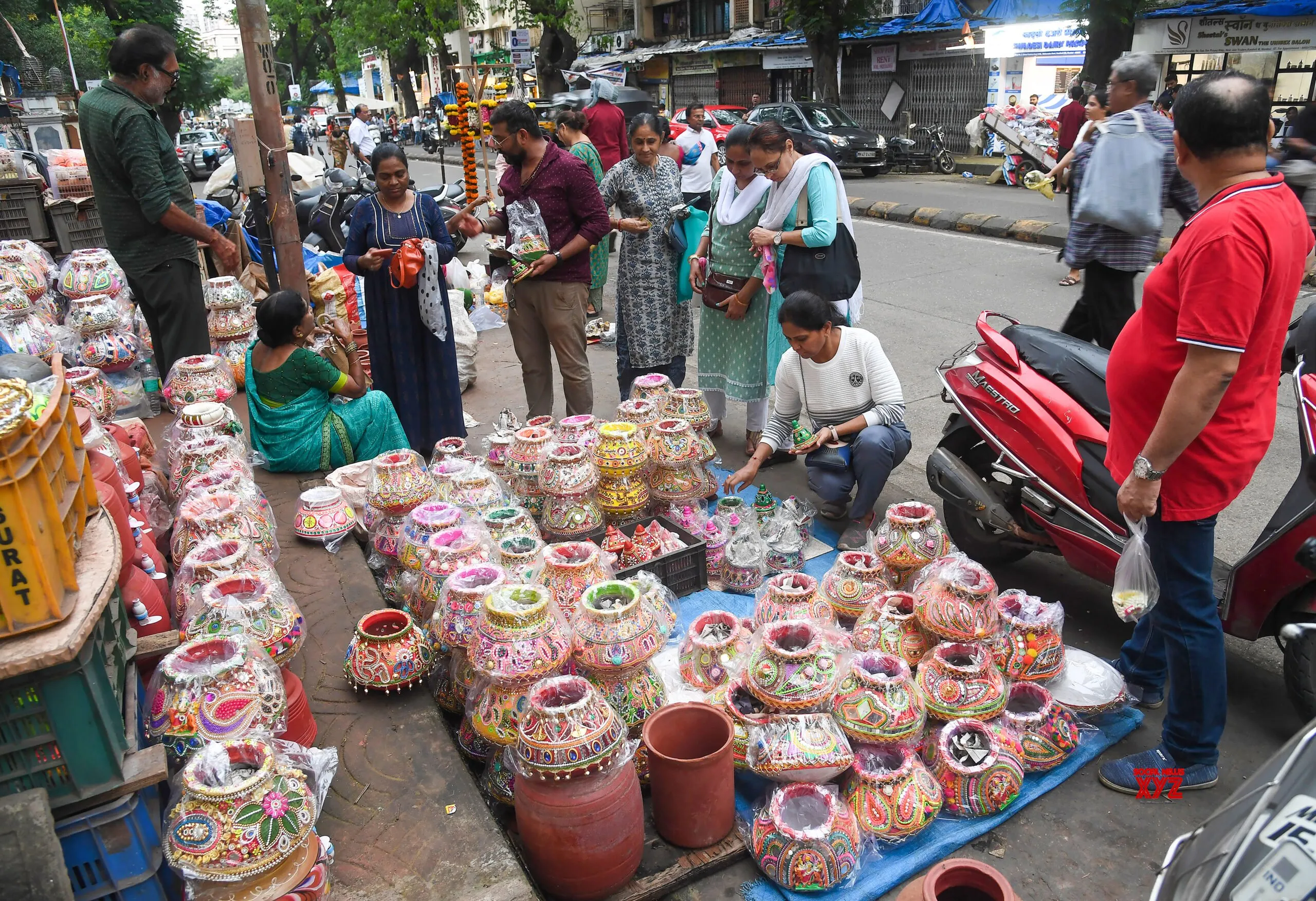By Ghana News
Copyright ghanamma
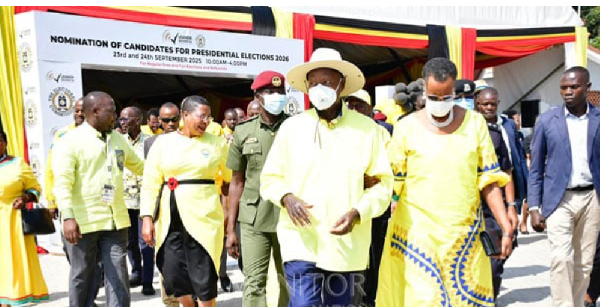
The Electoral Commission chairperson, Justice Simon Byabakama, has declared President Museveni a duly nominated candidate to seek reelection in the 2026 polls.
Mr Museveni, 81, arrived at the EC headquarters in Lweza, Entebbe Road at 10 am on Tuesday, accompanied by the First Lady, Janet Museveni and was received by several senior government officials, including Prime Minister Robinah Nabbanja and Speaker of Parliament Anita Among.
The president, who has been in power since 1986 is the first candidate to be nominated for the presidential race that has attracted several other aspirants, including National Unity Platform (NUP) principal, Robert Kyagulanyi, alias Bobi Wine who challenged him in the 2021 polls.
After scrutinising his academic documents and nomination papers, Justice Byabakama said Mr Museveni had “fulfilled all the requirements of the nomination as stipulated in the Presidential Elections Act.”
“I want to thank the NRM members for again trusting me with the chairmanship of the party and flagbearer in the 2026 General Election. Where we are moving to now, is to convince the people of Uganda about what we have achieved and what we are planning to do in the next term,” Mr Museveni said in his maiden speech after nomination.
According to him, Uganda’s GDP has doubled in the last five years.
“I’m told in this term, Uganda’s GDP has doubled. In the last kisanji (term), our GDP was $34 billion. It is now $66 billion. To double the GDP in just one term is no mean achievement,” the president added.
Mr Museveni also decried the increasing level of corruption, crime and impunity in the country and pledged to deal with it in the next term as he embarks on what he described “double mission.”
“There’s peace in the country; there’s some crime, corruption and impunity. The NRM structure should come out and help expose criminals. If we work on corruption, criminality and impunity, it will help our people also enjoy the transformation that is happening. It will be a double mission in the coming kisanji,” he said.
He said his government will continue empowering the middle class and the business people “and make sure all Ugandans, including peasants benefit.”
Other aspirants to be nominated today are Mr Robert Kasibante of the National Peasants Party, and Mr Elton John Mabirizi of the Conservative Party.
NUP’s Robert Kyagulanyi and Mr Nathan Nandala Mafabi of the Forum for Democratic Change (FDC) will be nominated tomorrow, September 24.
Who is candidate Yoweri Museveni?
Born Yoweri Kaguta Museveni Tibuhaburwa on September 15, 1944, in Ntungamo District, he today ranks among the world’s longest-serving non-royal heads of state.
He has ruled Uganda since January 1986, making him the third-longest serving leader in that category. Museveni was raised in a cattle-keeping family of the Hima ethnic group. His father, Amos Kaguta, reportedly served in the King’s African Rifles during World War II, an experience said to have inspired the family name “Museveni”— derived from the Swahili for “seventh,” in reference to his father’s battalion. He studied at Kyamate Primary School, Mbarara High School, and Ntare School before joining the University of Dar es Salaam in Tanzania, where he pursued Political Science and Economics.
There, under the influence of radical scholars like Walter Rodney, Museveni was drawn to Marxist and pan-Africanist thought. He founded the University Students’ African Revolutionary Front and even trained with FRELIMO fighters in Mozambique.
His thesis explored Frantz Fanon’s ideas on revolutionary violence—foreshadowing his later reliance on armed struggle. In the 1970s, Mr Museveni entered Uganda’s turbulent politics, first fighting to oust Idi Amin and later founding the Front for National Salvation (Fronasa). He played a key role in the 1979 Uganda–Tanzania war that toppled Amin.
Following the disputed 1980 elections—where his Uganda Patriotic Movement lost to Milton Obote’s Uganda People’s Congress—Museveni declared the process fraudulent and launched the five-year Bush War.
His popular Resistance Army later merged with other rebel factions to form the National Resistance Army (NRA) and its political wing, the National Resistance Movement (NRM). On January 29, 1986, the NRA captured Kampala, ending the short-lived Tito Okello junta. Sworn in as President, Mr Museveni promised a “fundamental change” built on his Ten-Point Programme of democracy, unity, and self-reliance. His early years drew praise.
Backed by the International Monitory Fund (IMF), his reforms stabilised Uganda’s battered economy, restored investor confidence, and initially improved human rights. But stability came at a cost. For nearly two decades, his government fought Joseph Kony’s Lord’s Resistance Army in northern Uganda—a war that displaced millions and drew allegations of abuses by both rebels and state forces.
Regionally, Mr Museveni positioned himself as a military power-broker, intervening in Rwanda’s civil war, the Congo conflicts, and other Great Lakes crises. This earned him recognition as a strategic ally of the West, while also attracting criticism for allegedly fueling instability. At home, Mr Museveni steadily consolidated power. Term limits were scrapped in 2005; age limits followed in 2017, paving the way for open-ended rule.
Once hailed as a reformist, he has since faced criticism for shrinking civic space, repressing dissent, and militarising civilian life. The 2021 election, which gave him a sixth term with 58.6 percent, was condemned by observers after reports of ballot-stuffing, arrests, violence, and a nationwide Internet blackout.
Despite delivering macroeconomic stability, Uganda struggles with corruption, high youth unemployment, and slow social progress. In 2025, the country ranks 163rd in nominal GDP per capita and 157th on the Human Development Index. Now 81, Mr Museveni continues to cast himself as Uganda’s guarantor of peace and independence.
To supporters, he is a liberator who brought stability. To critics, he is an entrenched autocrat clinging to power. Despite repeated calls for succession planning, he has not indicated a clear heir, leaving uncertainty about the country’s political future.
PHOTOS: Leaders of the Patriotic League of Uganda (PLU), led by Toyota Kaguta and House of Prayer Ministries’ Senior Pastor Aloysius Bugingo, have gathered at Deliverance Church, Kololo, ahead of a planned march to welcome President Museveni following his nomination.… pic.twitter.com/yn6wfgtVQx
— Daily Monitor (@DailyMonitor) September 23, 2025
WATCH: Traffic along Lugogo Bypass came to a standstill as Patriotic League of Uganda (PLU) supporters marched to Kololo to welcome Yoweri Kaguta Museveni. #MonitorUpdates
The group, which had converged at their Naguru offices as early as 9AM, set off at exactly 10AM in large… pic.twitter.com/vOi41GJkbx
— Daily Monitor (@DailyMonitor) September 23, 2025
WATCH: Njeru Municipality MP, Jimmy Lwanga, who recently crossed from National Unity Platform (NUP) to the Patriotic League of Uganda (PLU), says the group is backing President Museveni’s nomination to “pave the way” for Gen Muhoozi Kainerugaba as Uganda’s next president in 2031.… pic.twitter.com/L3KFdtb00V
— Daily Monitor (@DailyMonitor) September 23, 2025
WATCH: Njeru Municipality MP, Jimmy Lwanga, who recently crossed from National Unity Platform (NUP) to the Patriotic League of Uganda (PLU), says the group is backing President Museveni’s nomination to “pave the way” for Gen Muhoozi Kainerugaba as Uganda’s next president in 2031.… pic.twitter.com/L3KFdtb00V
— Daily Monitor (@DailyMonitor) September 23, 2025
PHOTOS: Heavy security deployment is visible at Lweza Junction, leading to the Electoral Commission grounds, where presidential nominations are underway. The deployment is intended to maintain law and order as supporters of various candidates gather for today’s events.… pic.twitter.com/3ydiwbcJBW
— Daily Monitor (@DailyMonitor) September 23, 2025
